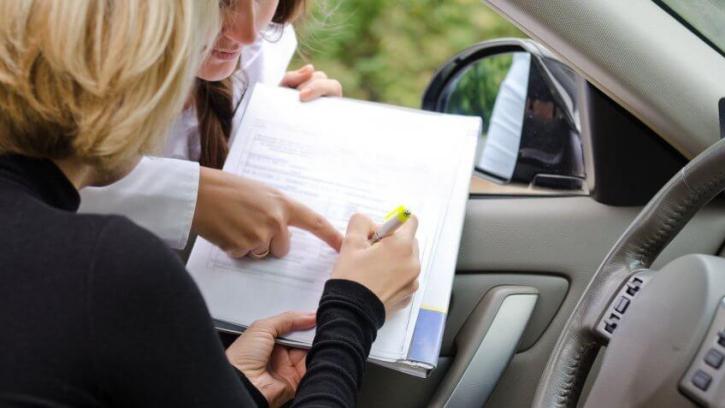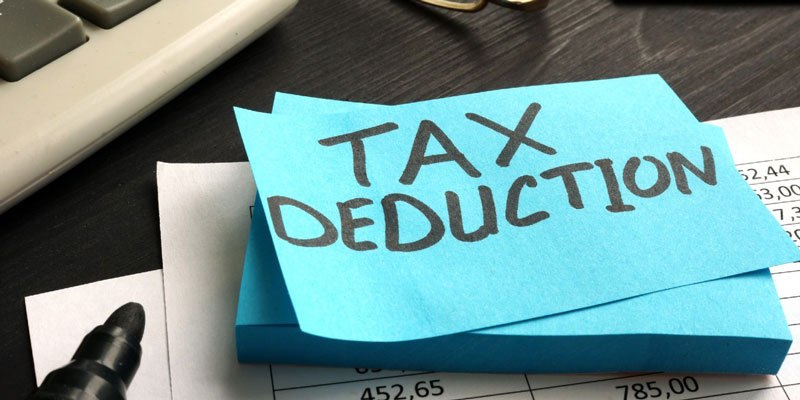When selling a car, you still owe money on it and have various alternatives to choose from; however, selling a vehicle you own outright is significantly simpler. The particular course of action you should follow will be determined by a number of criteria, the most important of which are the location of the institution holding your loan and the nature of the buyer, whether they are a private individual or a dealer.
Step 1: Determine Your Payoff Amount
It is recommended that you get in touch with your lender first to get some direction and establish the precise amount of money you are responsible for paying back. Get a payback letter from your lender so that you may call the transaction official. This formal document includes the payout amount, a date by which the amount is still correct, and directions for payment. The instructions include the permissible means of payment and where the money should be wired. It's possible that you won't be able to pinpoint precisely when you'll be selling your car, and everyday interest charges will make the total cost of the loan fluctuate. You won't be surprised if you have all the relevant information in your possession.
When you call your lender, it is also a good idea to ask if they have any recommendations for selling the automobile while the loan is still in place. This question should be asked whenever you contact your lender. You and the buyer may even be able to meet in a nearby office that your lender maintains, which can help the transaction go more quickly and easily. Ask about possible prepayment penalties and the projected processing time for acquiring the title once the lien on the car has been removed. These are both important topics to inquire about. There will be variations in the particulars based on the state in which you reside.
Step 2: Pay Off the Loan
It is best to settle your auto loan well before selling the vehicle, if feasible. In this method, you will be able to hand over a clean title to the buyer by just signing it over to them. Because of this, prospective purchasers will be most interested, which means it will be much simpler for you to sell the automobile. If you wish to sell a car that is still being financed without paying it off, obtaining the title will be a bother for you, and as a result, potential purchasers may be reluctant to purchase the vehicle from you.
Step 3: Provide a Clear Title
Your sale of the car will be finalized when you hand over the title to the purchaser, who will then be able to register the vehicle in his name. Signing your name on the back of the title to signify that you are relinquishing ownership to the buyer is often required to complete the process of transferring the title.
You may also be required to provide the buyer with a bill of sale, which details the seller's contact information, the date and price of the transaction, the mileage recorded on the vehicle's odometer, and the signatures of both the buyer and the seller. The specific standards differ from state to state. In the state of Alaska, for instance, the title functions as a bill of sale and provides the purchaser with everything else required to register the car in their name.

Making a Sale to a Dealer
By trading it in with a dealer or selling it to a private buyer, you can unload a financed vehicle with or without paying off the balance on the loan. Selling your automobile to a private buyer might be more difficult than trading it in. It is much simpler to discover dealers, and because they often deal with transactions of this kind, they will take care of all the necessary documentation in the background. The transaction may often be completed at several dealerships in a single day. 9 It is the second most convenient choice after paying off your debt ahead of schedule and is the finest option in terms of convenience.

Selling to a Dealer
When selling an automobile, the greatest way to maximize your profit is to do it to a private buyer interested in owning and driving the vehicle. You may even be able to get a price that's higher than the item's wholesale price. The car registration application and the title certificate will normally be sent on the customer's behalf by dealerships. At the same time, a private buyer will typically be required to deliver these items themselves. Suppose the buyer does not follow these processes to transfer ownership legally. In that case, the seller may be held accountable for the costs the new owner charges and any expenditures paid due to accidents. This indicates that you and the buyer may have to go to the relevant state agency to secure a seamless transfer of ownership.




